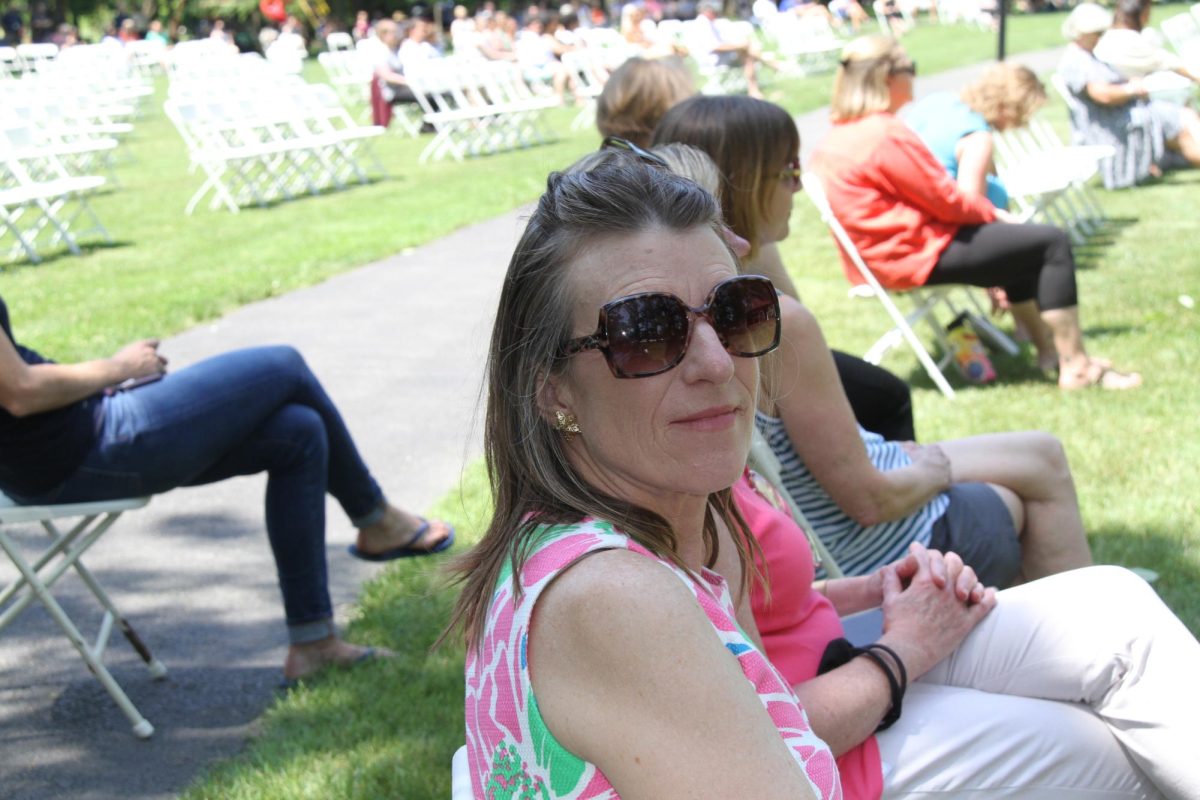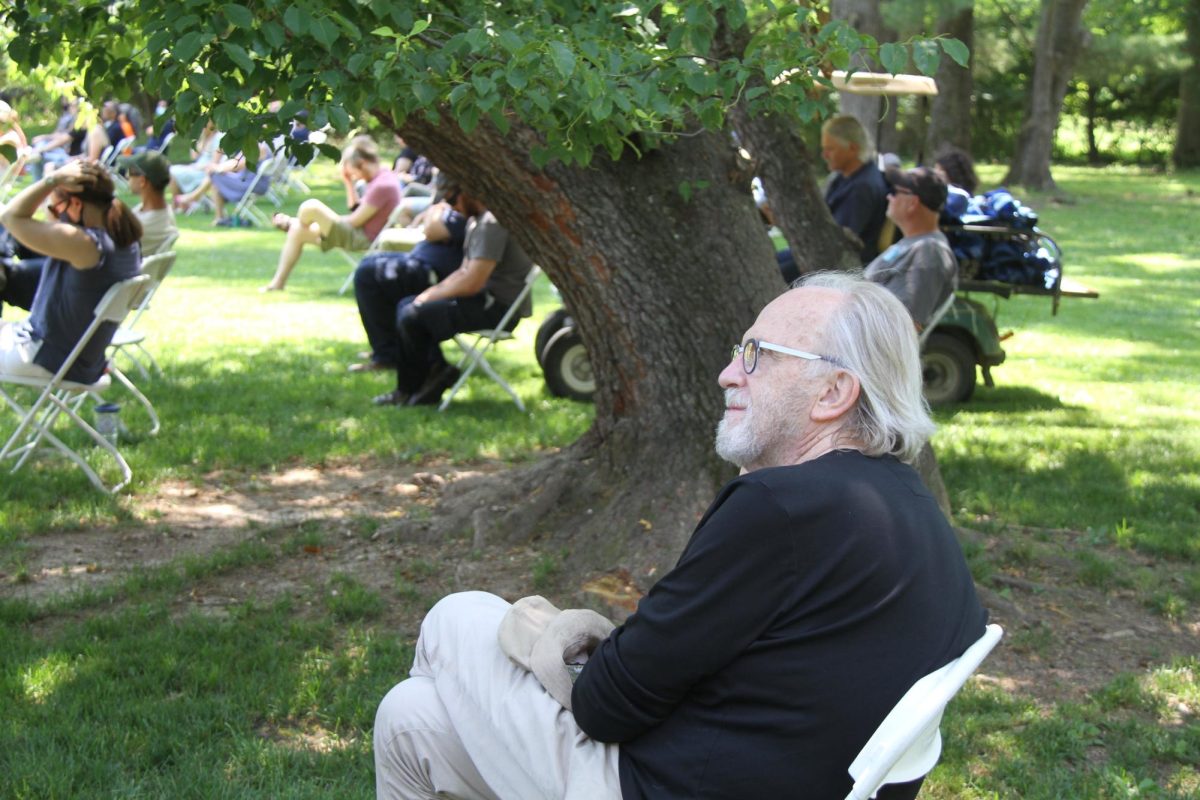Should senior project guidelines be changed?
March 11, 2016
Senior projects have always been, and continue to remain, a signature part of Princeton Day School experience. Every year, seniors undertake a unique projects to be completed during the spring, pursuing what could be considered a finishing touch on their high school experience. Yet could potential changes to the senior project process be beneficial?
As of now, the project begins with a division of the senior grade to four advisors: Dr. Monroe, Coach Thomas, Mr. Rhodes, and Mr. Mayer. Students gradually make a decision as to what they would like to focus their project on, discussing ideas with their advisors and narrowing down their options.
“They can be anything,” said senior Helen Healey, adding, “You do have to stay in the tri-state area, but you can really do anything.” The opportunities seem limitless, and range from art and design projects to full scale internships. Regardless of their nature, projects are monitored by the project advisors, ensuring that students are completing the necessary amount of hours each week and are staying on track.
So where could the process potentially improve? Several changes could be made to extend the limits of the projects for students.
Many seniors choose to take AP courses, and these classes do not end until about halfway through the time given for the project. Finishing an AP requires students to still be in school after senior projects have begun, and therefore they must remain in close proximity to PDS. This rules out projects that require a long distance commitment, many of which can be very helpful, especially before college. “I’m taking two AP classes, so I’m probably going to have to do my project either on campus or pretty locally in Princeton,” stated Healey.
In addition to AP interference, seniors also have to make a general distance commitment of being in New Jersey. Some potential leeway on this requirement, even in just several special cases, could make a significant difference in the senior project experience. “I think we definitely should lean away a little bit from those restrictions. The whole point of the project is to go and do something that you’re very interested in doing, explore new avenues, and that doesn’t really work if I’m in school, you know?” said senior Eris Gee. Although it may be difficult to ensure a successful senior project process for a hundred or so students if they all relocate to different parts of the globe, a bending of rules in certain cases could definitely benefit the process greatly. The end of senior year is a time for new, eye opening experiences and refections, things that are difficult to fully enjoy with so many boundaries.
Changes in senior projects may also be things that are not necessarily as specific as distance limits. A heavier emphasis on community service or simply a more enriching approach to the projects would be enough to change them for the better.
“I think right now what we’re kind of struggling with, or trying to wrap our minds around, is how to make the experience kind of as enriching and full as possible, so that the kids feel engaged, [and] so they personally get something out of it.” said Mr. Rhodes. The senior project process is a tradition that deeply adds to Princeton Day School’s uniqueness as both a school and a community. It allows seniors to explore and fourish in their fnal moments of high school while simultaneously preparing themselves for what may lie ahead. It is crucial to ensure that such a valuable experience is the best that it can be. Future changes to senior projects could be a key step towards pointing the process in that direction.





